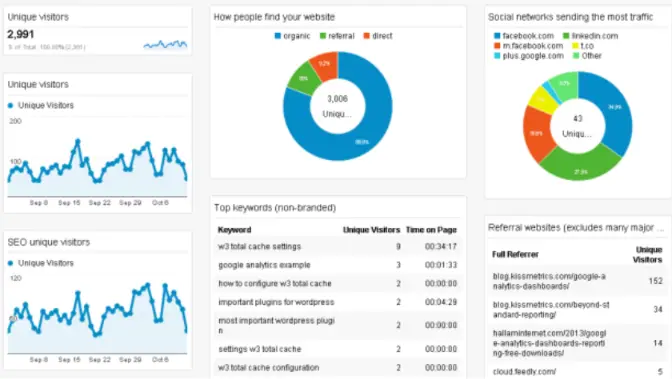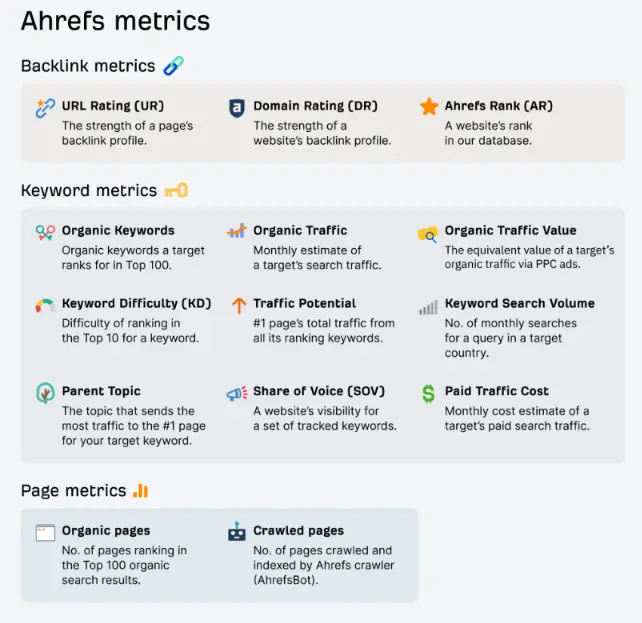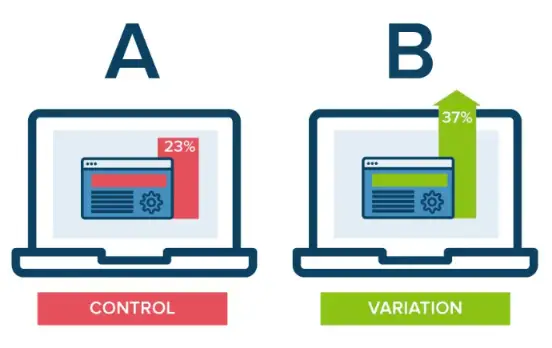Transform data into actionable insights for content mastery and enhanced ROI.
Are you investing time and effort into your business’s content marketing but unsure if it’s paying off? How do you know if your strategies are working?
Content marketing is a powerful business strategy to connect with your audience and drive engagement. Measuring the success of your content marketing efforts is crucial to understanding what’s working and what needs improvement.
But what exactly does it mean for your content marketing to be ‘working’? Essentially, it means that your efforts effectively support your marketing and business objectives.
Below, we outline a straightforward method to measure your content marketing program’s performance, empowering you to make informed decisions.
Establish Clear Goals and Key Performance Indicators (KPIs)
Start by defining clear goals and identifying KPIs for your content marketing to ensure focused and effective measurement. These goals include enhancing brand awareness, driving website traffic, generating leads, or boosting engagement.
Main areas to focus on include:
- Traffic: Measure website visits using tools like Google Analytics. Look at how many visitors you get, which pages they visit, and how long they stay.
- Engagement: Track likes, shares, comments, and page duration to measure how people interact with your content. High engagement means your audience finds your content valuable and interesting.
- Leads: Monitor sign-ups and material downloads to track (and target) potential customers who have shown interest in your product or service.
- Conversions: This is the ultimate goal of most content marketing strategies. Measure conversions or completed actions, like purchases or subscriptions.
Harness the Power of Web Analytics Tools
It’s not enough to just collect data and add it to a spreadsheet. You need to analyze the data to understand where the opportunities for improvement lie — and the best path for achieving those improvements. Use web analytics tools like Google Analytics to gather detailed performance data and understand content impact.
You can better understand how your content resonates with your audience and its impact on driving valuable actions by tracking the number of new and returning users, page views, bounce rates, and average session duration.
Evaluate Content Engagement
Evaluating content engagement isn’t an exact science, but several key metrics can guide you. Consider page views, which show how often your content is viewed and the time on the page, indicating the duration visitors spend with your content. Additionally, bounce rate reveals the percentage of visitors leaving without interaction, while scroll depth tracks how far down the page they explore. Other important metrics include social shares, comments, downloads, click-through rates, and conversions, each offering insights into different aspects of audience engagement with your content.
Measure Conversion Rates
Your site’s conversion rate is one of the most important effective measures of success in content marketing. They show how well your content prompts desired actions, such as purchasing or signing up for a service. Monitoring conversion rates regularly and optimizing your content based on this data can help you enhance your content marketing strategies and achieve higher conversion rates.
Monitor SEO Performance
Track SEO metrics like keyword rankings and organic traffic to evaluate content visibility and its effectiveness in attracting and retaining organic search traffic. To effectively monitor your SEO performance, essential tools include Google Search Console (GSC) and Ahrefs Webmaster Tools (AWT), both of which are available for free to website owners.
Analyze Social Media Metrics
Aside from your website, social media also serves as a prominent channel for distributing and amplifying content. Analyzing social media metrics such as reach, engagement, and follower growth provides actionable insights into the resonance of your content across different social platforms. Understanding the performance of your content on social media empowers you to refine your social media strategies and tailor content to maximize audience engagement.
Evaluate Email Marketing Metrics
Assess email metrics like open and click-through rates to gauge content effectiveness. Metrics, including open rates, click-through rates, and conversion rates, prove the effectiveness of your email content in driving user actions.
Remember, the metrics you track should align closely with your objectives. It’s crucial to focus not just on individual email performance but also on the overall health of your email list and how these elements contribute to your broader marketing goals. Be strategic in your measurement to ensure that your email marketing efforts effectively drive your desired outcomes.
Implement A/B Testing
A/B testing, also known as split testing, allows you to compare the performance of different content variations to identify the most effective approaches. Whether testing different headlines, visuals, or calls to action, A/B testing provides empirical data to guide content optimization decisions.
Data-Driven Success and Impactful Content
Tracking your content ROI is essential—it shows if your efforts are hitting the mark. It all starts with having clear objectives and monitoring key metrics across various digital channels. With these, you can gain actionable insights to refine your content strategies and drive meaningful results.
Need a copy that converts and boosts ROI? Contact Copy Ninjas. Book a demo now and see how the Copy Ninjas craft content that speaks to your audience and delivers results.











